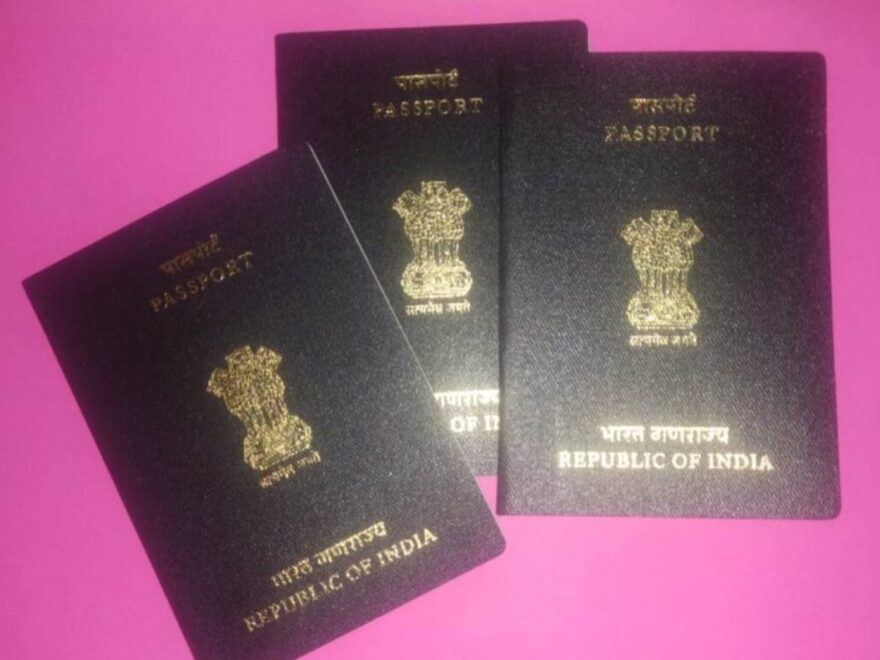India follows jus sanguinis and started restricting jus soli principle with Citizenship Amendment Act 1986.
What is jus sanguinis and jus soli?
In jus sanguinis principle, citizenship of a person is decided by the nationality of the one or both parents.
Example: India, Saudi Arabia, UAE, Sri Lanka and most of the Asian and Middle East countries.
If country follows jus soli, then person becomes citizen of the nation the moment he or she takes birth in its territory.
Example: Canada, the United States of America, the United Kingdom, etc.
Articles of the constitution for Indian Citizenship
Article 5 of Indian Constitution
It talks about Indian citizenship at the commencement of the constitution i.e, January 26, 1950. As per the article, a person who had his/her domicile in India become citizen if he/she satisfied any of the following condition
- Born in Indian Territory
- Either of the parents born in Indian Territory
- Resident of Indian Territory for five year or above immediately before the commencement of the constitution.
Article 11
It is this article that gives power to Parliament to make Citizenship laws.
Indian Parliament enacted The Indian Citizenship Act 1955 which was later amended in 1986, 1992, 2003, 2005, 2015 and 2019 using this provision.
Out of these the major amendments was in 1986, 2003 and 2019.
How person can acquire Indian citizenship?
Currently, a person can acquire Indian citizenship in four ways
- By birth
- By descent
- By registration
- By naturalization
- By incorporation of territory
Indian Citizenship by birth
Person will be called Indian citizen by birth if he/she satisfied one of the following conditions
- Born in India before July 1, 1987.
- Born in India on or after July 1, 1987 and before December 3, 2004 and one of the parents is Indian citizen.
